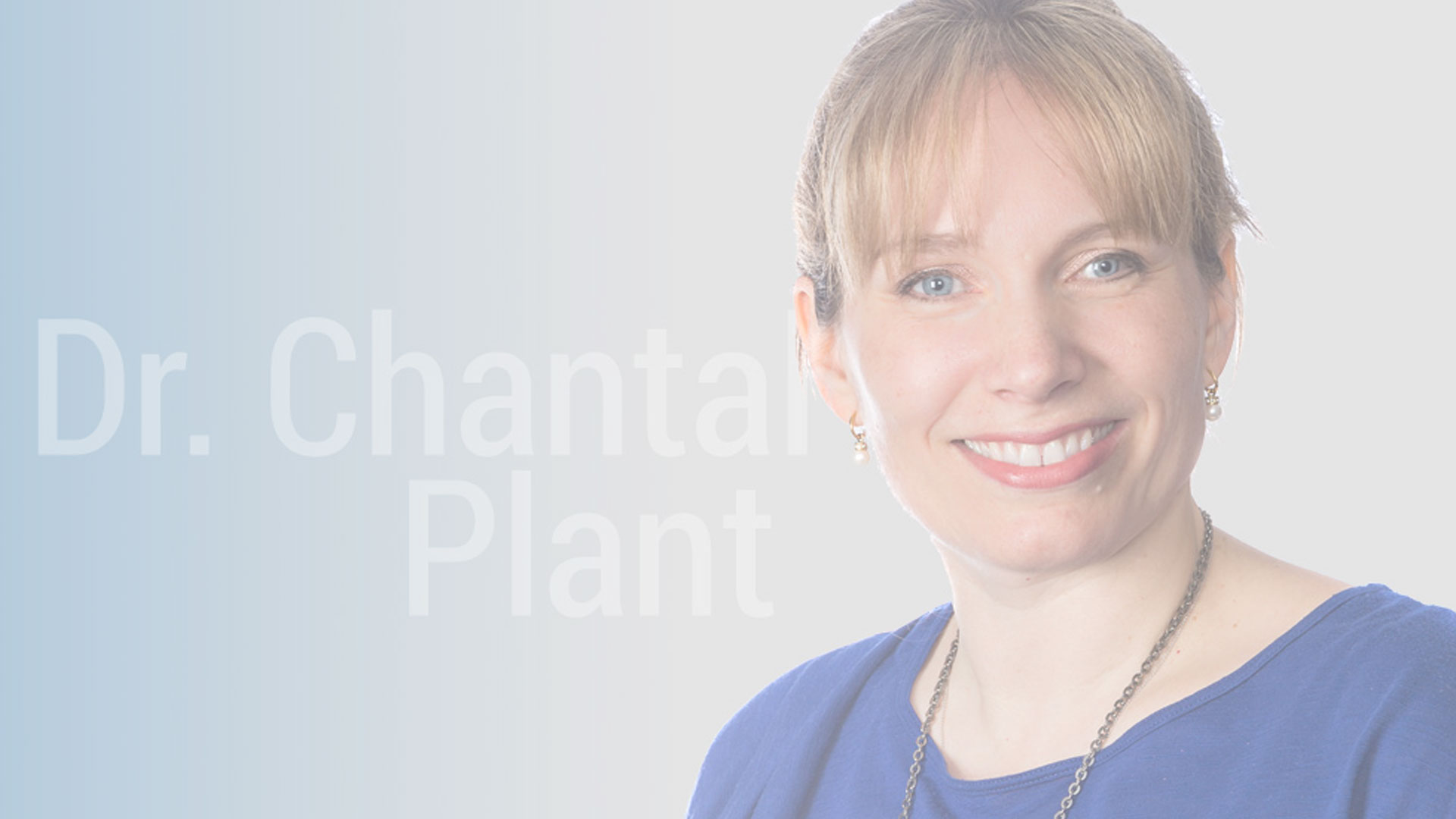Do you feel a sharp pain when you bite down? Does it quickly disappear? Do you avoid certain foods or chew only on one side of your mouth? If this sounds familiar, you may have a cracked tooth.
There are many reasons why a tooth might crack:
•Chewing on hard objects or foods such as ice, nuts or hard candy
•An accident, such as a blow to the teeth
•Clenching or grinding your teeth
•Stress on a tooth
•Loss of a significant portion of tooth structure due to wear, a large filling or decay
•Exposure of the tooth enamel to extreme temperature changes, as in eating hot food and then drinking ice water
•Brittleness of teeth that have had endodontic (root canal) treatment
How can you tell if a tooth is cracked?
It could be difficult. You may not even be able to tell which tooth hurts or whether the pain is from an upper or lower tooth. A crack may appear as a hairline fracture, running vertically along the tooth. It often is invisible to the eye ad may not even show on the x-ray.
You can help your Ottawa family dentist determine which tooth is causing the problem by noting when and where you experience sensitivity to hot, cold or sweet or salty foods.
The action of biting causes pain because when you bite, the crack opens momentarily. When the bite pressure is released the crack closes causing a sharp pain.
Even though the crack may be microscopic, when it opens, the pulp inside the tooth becomes irritated. The tooth’s nerves and blood vessels are held in this soft tissue or pulp. If the pulp does become irritated, the tooth may become sensitive to temperature extremes. If the pulp becomes damaged or diseased as a result of the crack a root canal treatment or extraction may be necessary.
Treating a cracked tooth
Treatment may vary depending on the size and location of the crack. Your Ottawa family dentist may suggest either a root canal, bonding or an extraction.
Tiny cracks are common and usually do not cause problems. Regular checkups are important to allow your dentist to diagnose and treat problems in the early stage.



![[BLD-005]-jan2020](https://ottawafamilydentist.com/wp-content/uploads/2019/12/BLD-005-jan2020.jpg)